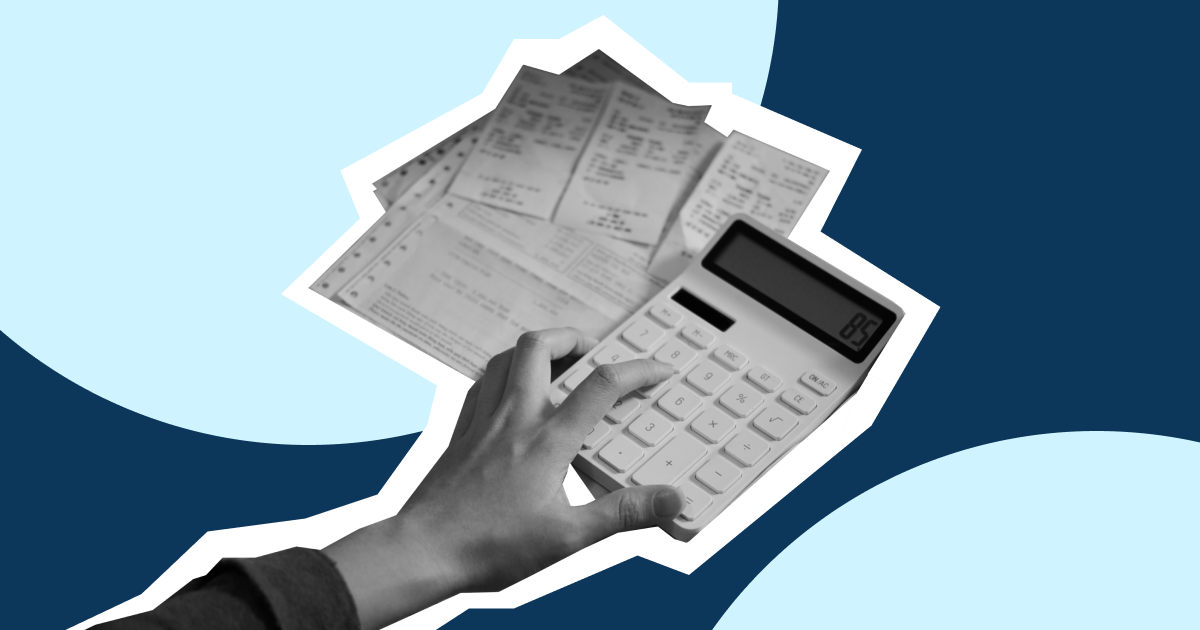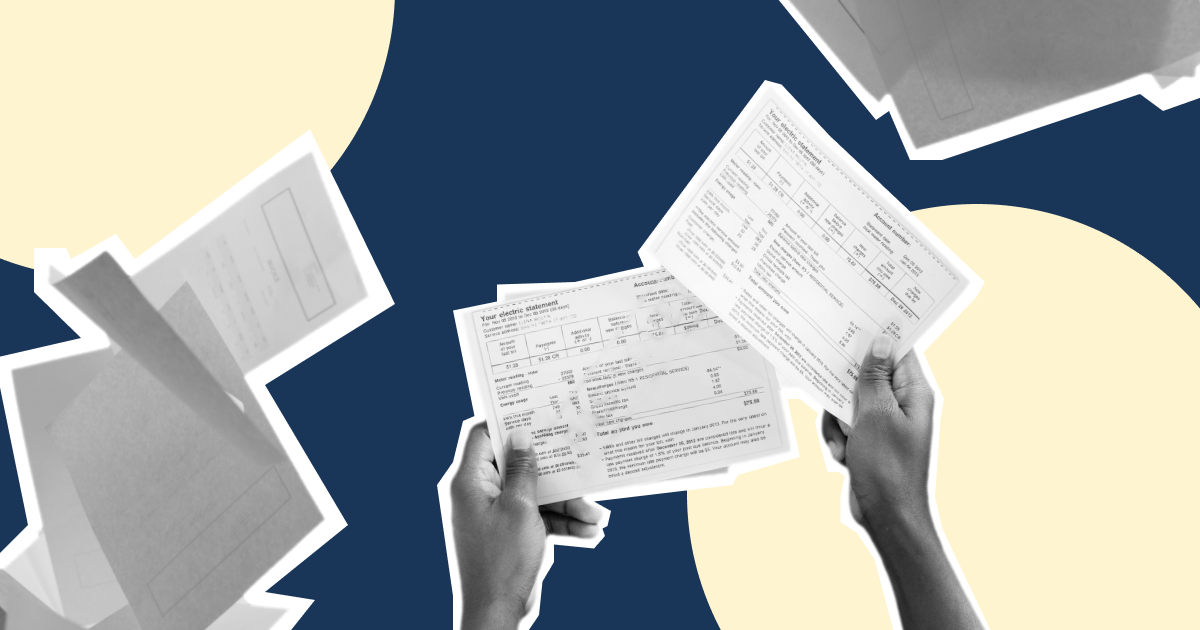Summary
The Singapore tourism sector already makes a large contribution to the country's economy. After the initial disruption during the pandemic, the sector is expected to recover and contribute more to the government's revenue stream in the future. A substantial part of the tourism sector, hotels and restaurants are considered the backbone of the country’s economy with a significant portion of Singapore’s population benefiting from the job opportunities it offers. As a result, many micro, small, and medium-sized businesses depend on it for their revenue.

About 30 years ago, the hotel industry had to deal with the challenge of complying with various taxes, including service tax, luxury tax, and even excise fees on the production of various hotel industry goods, among others. A uniform tax system was implemented in 1994 through the Goods and Services Tax regime.
What is a Hotel or FnB Business?
The service-focused hospitality industry includes the food and beverage industry. It can operate autonomously or as a sizable hotel or travel enterprise component. The members of the F&B services team are expected to carry out various duties, including setting up for service, introducing themselves to customers, receiving their orders, paying the bills, and carrying out various additional duties after the customers have left.
What Are The Different Services Hotel and FnB Businesses Offer
The different services Hotel & Food and Beverage Businesses offer include, dining room, coffee shop, and room service, poolside grill/barbecue service, catering services, and outdoor catering service and bars.
What is GST?
The Goods & Services Tax (GST) is a consumption tax imposed on the supply of commodities and services in Singapore and the import of items into the country. GST is an indirect tax levied on the selling price of goods and services delivered by GST-registered business entities in Singapore. The current GST rate in Singapore is 7%.
Since the final customer pays GST, businesses typically do not incur this expense. Businesses only serve as the point of contact for Singapore's tax collection agents.
The same GST rates apply to all goods and services delivered in the hospitality industry, including hotels and the food and beverages business. Businesses in the hotel industry and FnB sector need to pay GST and service charges.
A Step-by-Step Guide for Opening a Food and Beverage Business in Singapore
Every culture depends heavily on food. Both natives and foreigners alike consider Singapore to be a foodie's paradise. Before we go into details of GST and service charge for hotel and FnB businesses, let’s talk about what it takes to launch a hotel or a food and beverage business in Singapore.
The following are some of the steps to effectively launching your food and beverage business and the various licences and GST registration steps that would be needed:
Incorporate Your Business
Making an ACRA registration for your business is one of the initial steps.
Singaporeans must also have a SingPass to incorporate their business. To apply for a SingPass after receiving an Entrepass, foreigners must first submit an Entrepass application to the Ministry of Manpower.

Get The Required Licenses
As a business operating in the FnB or hotel sector, there will be a need to get several licenses depending on your food and beverage idea, including whether you want to launch a full-fledged hotel in the hotel industry, a restaurant, caterer, café, or bar.
Apply for Goods and Services Tax Registration (GST)
Nearly all consumed goods and services are subject to taxation in Singapore. A business that generates more than $1 million in revenue annually must register for GST. As a business in the hotel industry, you will need to pay GST and service charge. Here are the steps you need to follow to register your business for GST:
1. Find the Type of GST Registration
As a business owner, you can go in for voluntary registration or compulsory registration for GST. If your annual turnover is over more $1 million, you will compulsorily have to register for GST. Even if your turnover is less than that, you can choose to register for GST for the benefits that it offers.
2. Complete the E-Learning Course
The GST e-learning course provides a complete overview of the GST laws, stipulations and requirements for a GST-registered business. For voluntary registrants, it is mandatory to complete the course and take the quiz. As a compulsory registrant, you can skip this course under certain circumstances such as if you have an Accredited Tax Adviser or an Accredited Tax Practitioner filing your GST for you.
3. Submit Your GST Application
Create a Corppass account and submit the necessary documents to complete your GST application. You will need to submit details about your Unique Entity Number, sales numbers, profit and loss statement, etc. to finish the application.
4. Wait for Processing
Once you have submitted all the necessary documents along with the application form, you will have to wait to hear back from the authorities about whether your application has been processed. You may be required to submit additional documents if requested.
5. Effective Date of Registration Notification
If your application is accepted, you will receive a letter confirming the same. This will contain details of your GST registration number and the effective date of registration.
What Is Chargeable And What Is Not
1. Advance payments and deposits
Since 1st Jan 2011, GST is applicable on any advance payments and deposits made by the guest of hotels. For instance, if a hotel receives a $5,000 deposit to reserve a banquet, the $5,000 will be subject to GST at the time of the deposit.
As an administrative exception, hotels are allowed to classify deposits as money held in trust if they are collected for general reservations of rooms, general hotel amenities, and food and drink to be consumed on hotel property rather than for any specific provision of goods and services. In other words, GST won't be charged until the deposit is either forfeited or used to offset payment for the services delivered.
There are a few conditions for the above payments or deposits:
- The actual costs incurred are unknown when the deposit is made.
- Any costs incurred by hotel guests, including those for supplies provided by the outlets the hotel rents out and for food and beverage outlets, can be deducted from the deposit.
- There is a chance that the identical supply will be subject to two GST charges: first when the deposit is received and again when the final bill is issued without understanding that the deposit payment was subject to GST.
2. Complimentary room
As part of a promotion package, hotels could offer complimentary rooms to draw in customers. For instance, the guest only pays for two nights but stays in the hotel for three. Another instance is when a customer pays for a banquet at the hotel and gets a free night's stay in return. The price charged to the consumer as a whole must include GST.

However, suppose the hotel room is for personal use or is given away for free and not in connection with the hotel's business, GST must be reported on the deemed supply of the hotel room, depending on the room's market value.
3. Vouchers and loyalty points
Vouchers for complimentary hotel nights
Hotels may offer coupons for complimentary hotel nights. Since these vouchers are distributed without charge, no GST will be considered when the vouchers are issued. Depending on the use, whether the vouchers were issued for business purposes, GST may or may not be charged when they are used to book hotel rooms, while if they were used for private purposes, GST is calculated.
Discount Voucher
GST is not calculated on the discount vouchers given to guests at no consideration. Still, the hotels must charge and account for GST based on the lower price when the coupons are redeemed by the subsequent purchase of hotel room nights.
Sale Voucher
Hotels may also provide their guest's coupons redeemable for specific goods and services at a predetermined cost. Since they are for the redemption of particular goods and services, they are regarded as non-Multi-Redemption Vouchers.
The supply of non-MRV and redemption will be handled as a single standard-rated supply of the redeemed goods and services as the hotels are both the issuer of the vouchers and the supplier of the goods and services redeemed in the scenario above. When an invoice is provided or, if earlier, when money for the voucher sale is received, GST must be levied and recorded.
4. Loyalty Points
Hotels may run loyalty reward programs that give consumers points for purchases. The subsequent redemption of hotel nights for all or part of the value of these reward points is possible. The hotel does not have to collect GST on hotel rooms that are fully redeemed by the customer using his loyalty points and without further payment.
GST needs to be applied to the additional money received in cases of partial redemption, where the consumer pays for hotel rooms using loyalty points and another form of payment.

5. No-show and cancellation charges
The hotels must charge and account for GST on "no-show" or cancellation fees imposed on clients who failed to occupy the rooms despite having made a reservation.
6. Recovery of Expenses
Whether hotels incur expenses to make an onward supply of goods or services to their customer or payment made on the customer's behalf determines the GST treatment for recovering costs. Hotels provide an onward supply of goods or services to their customers when they make purchases of products or services in their names and subsequently recover the costs from their guests, whether or not they charge a markup. An example would be if a client asked the hotel to buy him a bouquet and cake. The hotel purchases the flowers and cake from a store and then bills the guest for the price of the flowers and cake, which is itemised separately on the client's hotel bill. The hotel must collect GST because it is supplying the flowers to its guest in a taxable manner.
7. Compensatory payments
A hotel is not considered to have made a supply of goods or services to a guest if the guest reimburses the hotel for any loss or damage, such as for burning a hole in the hotel room's carpet. Therefore, the hotel does not have to charge or account for GST because the compensation payment is outside its purview.
8. Local land tours
Whether the hotel functions as a principal or agency for offering local land excursions will determine how the GST will be levied. The hotel provides a standard-rated supply of service to the travel agency when it works as an agent to sell local land activities on its behalf and receives a commission from the sale. The commission received must be subject to GST and be levied. Therefore, when a hotel purchases local land activities from a travel agency to resell to its clients, it must add GST to the total sale price it charges the customers and accounts for it.
9. International calls
Whether the hotel is functioning as a principal or agency for the supply of local land tours determines the GST treatment of the supply. The hotel provides a standard-rated supply of service to the travel agency when it works as an agent to sell local land activities on its behalf and receives a commission from the sale. The commission received must be subject to GST and be levied.

When a hotel purchases local land activities from a travel agency to resell to its clients, it must add GST to the total sale price it charges the customers and accounts for.
10. Money Exchange
The money exchange is an exempt supply for which GST is not levied. The hotel's GST return needs to include a financial statement for the exact amount of the net realised exchange profit or loss.
11. Price displays
In general, all prices displayed must include GST. This will ensure that the customer is aware of the total cost upfront. Hotels may experience operational challenges when showing pricing that includes GST due to the inclusion of service fees. Therefore, hotels and food and beverage businesses may, as an organisational concession, publish GST-exclusive prices for goods and services subject to a Singapore service charge. However, customers must know that the displayed prices are subject to GST and service charges.
GST-Related Obligations For Hotel and Food and Beverage Businesses
1. Receipts
Hotels may offer a serially printed receipt to clients in place of a tax invoice if they provide goods and services to end users who are not GST registered. The receipt must include the company's name, address, GST registration number, the date it was issued, the total amount due, GST, and the terms "Price payable includes GST."
2. Tax invoice
GST-registered hotels must send a separate tax invoice upon request from a GST-registered customer for sales values (including GST) of more than $1,000. This will make it easier for the client to submit an input tax claim. The tax invoice must adhere to the legal specifications for a valid tax invoice. In addition, the tax invoice must include the following information:
(i) the words "tax invoice" in a visible spot
(ii) an identification number
(iii) the date the invoice was issued
(iv) the name, address, and registration number of the hotel
(v) the name and address of the person getting the goods or services
(vi) a description sufficient to identify the goods or services supplied and the type of supply
(vii) the size of the supply or the number of items for each description
(viii) Any offered cash discount, the total amount due excluding taxes, the rate of tax, and the total tax chargeable are shown separately in Singapore currency
3. Simplified tax invoice
A simplified tax invoice rather than a tax invoice may be provided to the GST-registered customer when the sales value (including GST) is less than $1,000. It must have the following details; hotel's name, address, GST registration number, invoice date, invoice number, a brief description of the products and services provided, the total amount due, including GST, and the phrase "Price payable includes GST."
Service charge and GST
1. What is a service charge in Singapore and to whom is it applicable?
In Singapore, you rarely pay the listed price when you purchase something.
Restaurants typically charge a 10% service fee. However, sometimes you believe the service was awful at a restaurant and don't want to pay the Singapore service charge because you feel it is inappropriate. Some restaurants may include a "++" at the end of the price to indicate these fees, while others may already have GST included in the price on the menu. The service charge applies to restaurants and hotels where we avail services.
2. Is service charge in Singapore mandatory?
Hotels and restaurants frequently impose a service charge in Singapore, which is not mandatory. In addition, some restaurants solely charge net rates and do not impose this tax on the customer.
In addition, some eateries choose to solely charge you based on the nett costs instead of adding a service fee. As a result, there is no requirement for a service charge. However, it is a standard practice for most restaurants and hotels to charge this cost. The IRAS has declared that it won't meddle with these eateries' and hotels' commercial judgments. Simply put, it appears that Singaporean restaurants have a trend of adding a 10% service charge. Yet, there is no law or regulation mandating it.

Learn how to calculate GST and Service charge
When trying to decide how to calculate service charge and GST, you can use the following formulae:
- To calculate the price of GST at 7%, you need to multiply Price x 1.07
- To calculate service charge at 10% only, you must multiply Price x 1.10
- To calculate GST and service charge, you need to multiply Price x 1.17
You can also use a GST and service charge calculator online to confirm if your rates are correct. There are many GST and service charge calculators available, so choose one that has the best reviews.
IRAS contact information for GST-related queries
For GST-related information, you can contact:
Goods & Services Tax Division Inland Revenue Authority of Singapore
55 Newton Road Singapore 307987
Tel: 1800 356 8633 Fax: (+65) 6351 3553
Email: gst@iras.gov.sg
Conclusion
The hotel industry must handle GST and service charge in Singapore carefully – they must know which services or costs are eligible for tax deductions and which are not. Unfortunately, many small to mid-sized hotels fail to do this, which significantly negatively impacts their financial situation.
Additionally, you need to spend money on systems that aid in the taxing procedure. The secret is having a solid accounting team, IT stack and financial management tools to make GST computation and filing easier. Aspire can help you with your business accounts, receivable and payable management, and expense management to make your accounting process more efficient.

.png)








%201.webp)


.webp)